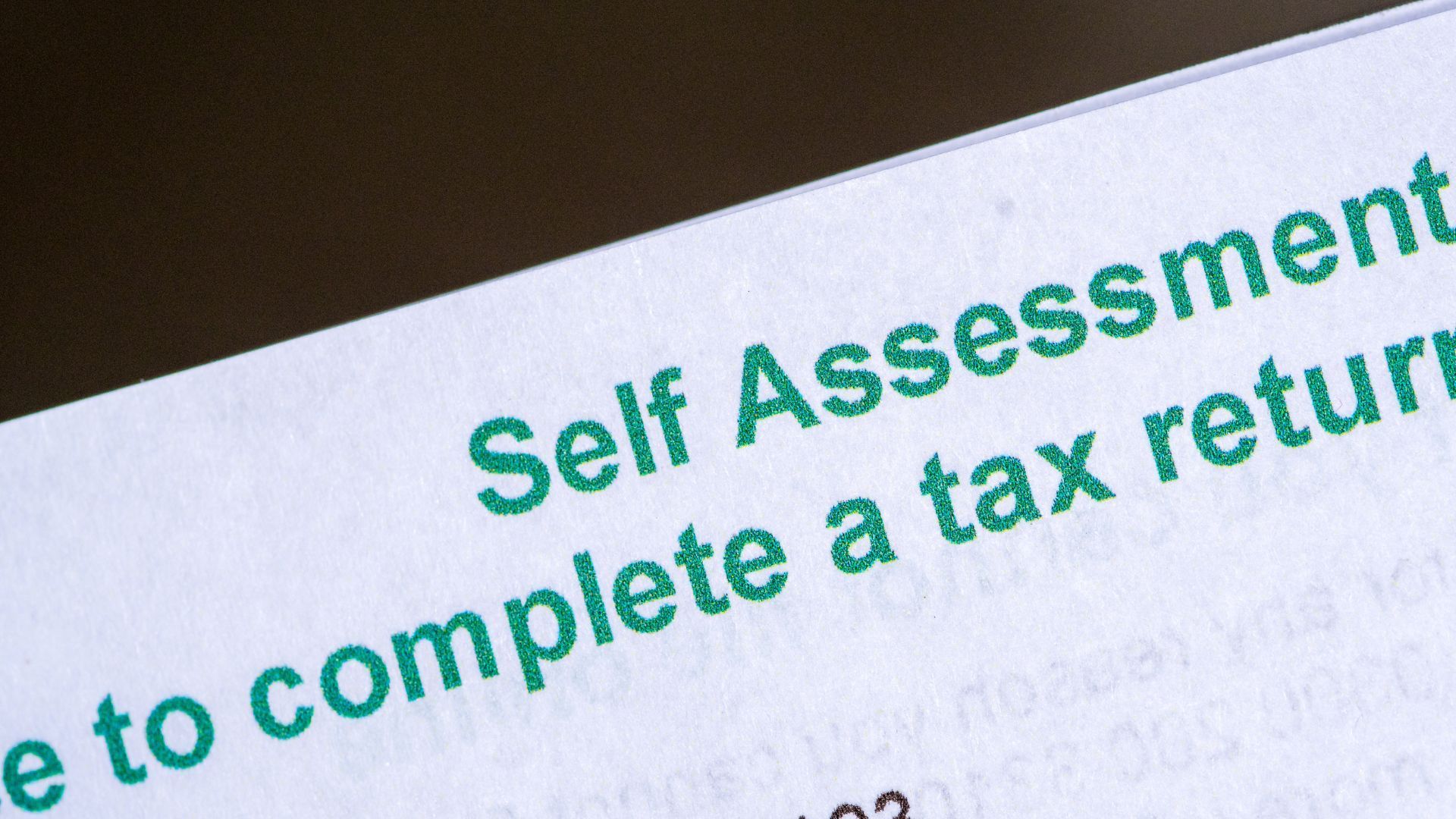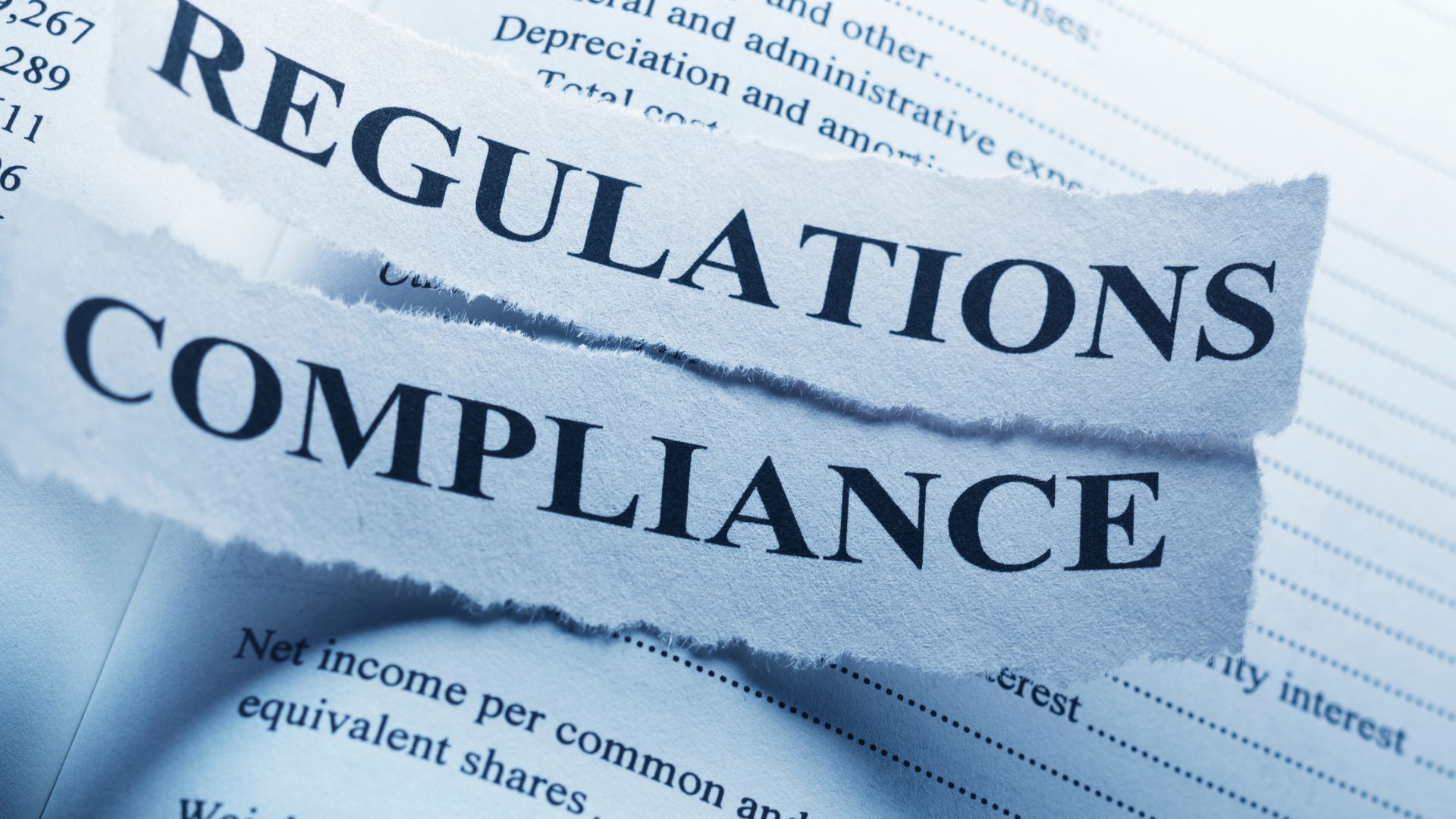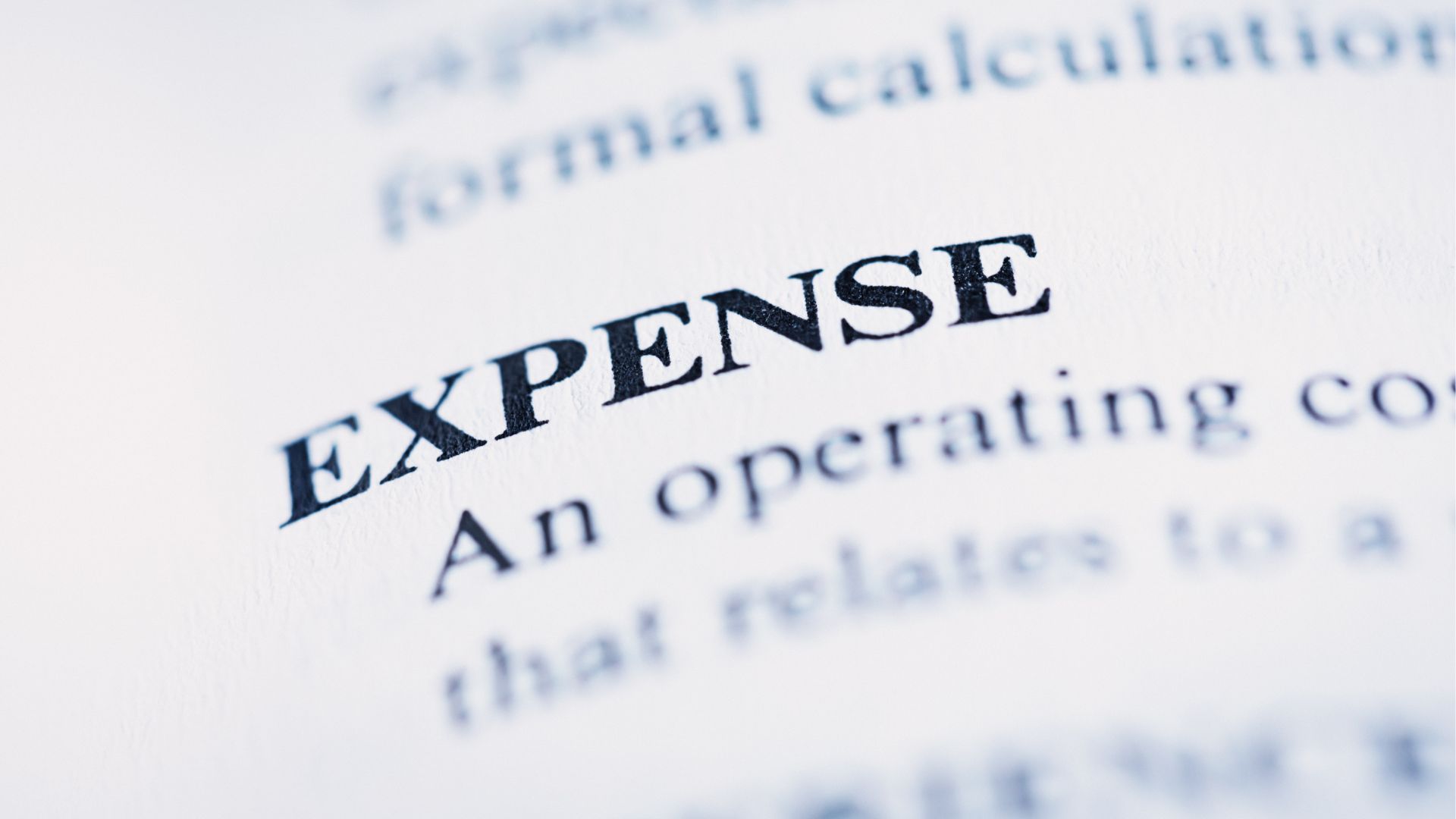How To Maximise Tax Deductions
Maximising Tax Deductions Through Expense Management
Regardless of the industry you work in or the services you provide, as a contractor it’s important that you make the most out of your earnings. After all, you’ve worked hard to grow your business, and it makes sense that you profit as much as possible. But, there are a handful of costs that come with running a limited company that hinder that, including paying tax. Of course, tax isn’t something that you can avoid altogether, but it is something that you can minimise. By maximising your tax deductions through expense management, you can make sure that all of your limited company allowable expenses are being claimed.
At Go Limited, we’ve seen a lot of contractors set up limited companies and then not make the most of allowable expenses. It doesn’t matter what type of business you run, you’re bound to have a number of tax deductions that you can use to reduce your tax bill. Trust us, it’s just a case of maximising those deductions, which is where expense management comes in.
You have 45 days to return items for a full refund, with or without a receipt. Items must still have their original tags.
You have 45 days to return items for a full refund, with or without a receipt. Items must still have their original tags.
You have 45 days to return items for a full refund, with or without a receipt. Items must still have their original tags.

How to Maximise Limited Company Tax Deductions
When you’re putting a lot of time and energy into growing your limited company, you’ll want to get as much out of your earnings as possible. This means making the most of your profits and reducing your outgoings, including your tax bill. When you set up a limited company for contracting, you have the benefit of being able to claim allowable expenses, which are costs related to the services that you provide.
There are various expenses that are wholly and exclusively for business purposes and by maximising these, you can reduce your taxable income and keep more of your earnings in the business.
- Office Costs - Rent, utilities, business insurance, office furniture and office supplies can all be claimed as limited company tax deductions.
- Travel and Accommodation - Business travel expenses such as mileage, train tickets, flights, hotel stays and subsistence costs are all allowable expenses for a limited company contractor.
- Professional Fees - Limited company contractors can claim accountancy fees, legal costs, and professional memberships as tax deductible, as long as they’re related to your industry.
- Training and Development - Courses, certifications and workshops that enhance your business skills or contribute to professional growth are allowable expenses for a limited company.
- Equipment and Software - Laptops, phones, business software subscriptions and even website hosting costs are limited company allowable expenses.
- Advertising and Marketing - A lot of contractors forget about limited company allowable expenses related to advertising and marketing, such as website development, SEO, online advertising and business promotion.
- Insurance - Business insurance such as professional indemnity, public liability and employer's liability insurance are limited company allowable expenses.
- Subscriptions and Publications - Limited company allowable expenses include industry-related journals, trade publications and online subscriptions that help keep you informed and competitive.

The Importance of Accurate Record Keeping in Expense Management
If you want to maximise limited company tax deductions through expense management, you need to keep accurate, organised records. To claim tax deductible expenses as a limited company, you need to prove the expense to HMRC. HMRC requires proof of all business expenses, and you can’t claim deductions for costs that you don’t have evidence for. You can prove allowable expenses for a limited company by:
- Keep All Receipts and Invoices - You need to keep all receipts and invoices related to business expenses, either physically or digitally, to prove what has been spent. Otherwise, there’s no way to show your limited company allowable expenses.
- Use Accounting Software - There’s a lot that goes into expense management, but using cloud-based tax management software - like Xero and QuickBooks - can help to track and organise expenses. It’s a good way to see your limited company allowable expenses in one place.
- Log Your Mileage Correctly - If you use a vehicle for business purposes and you want to claim mileage for business travel, you need to keep a detailed log of journeys. Make sure to dates, distances and purposes. This is especially important if you also use the vehicle for personal use.
- Keep Personal and Business Finances Separate - It’s a good idea to have a dedicated business bank account, as this helps to ensure your financial records are clear. If your personal spending and business spending are together, it’s difficult to know which expenses were related to your business.
- Regularly Review Expenses - It’s a good idea to conduct regular audits to ensure all eligible expenses are being claimed and any errors are corrected promptly. When you have a lot of limited company allowable expenses to organise, regular audits help you to find any mistakes before they become bigger issues.
By staying on top of record keeping and expense management, you reduce the risk of errors, whilst also maximising for allowable tax deductions.

The Importance of Accurate Record Keeping in Expense Management
If you want to maximise limited company tax deductions through expense management, you need to keep accurate, organised records. To claim tax deductible expenses as a limited company, you need to prove the expense to HMRC. HMRC requires proof of all business expenses, and you can’t claim deductions for costs that you don’t have evidence for. You can prove allowable expenses for a limited company by:
- Keep All Receipts and Invoices - You need to keep all receipts and invoices related to business expenses, either physically or digitally, to prove what has been spent. Otherwise, there’s no way to show your limited company allowable expenses.
- Use Accounting Software - There’s a lot that goes into expense management, but using cloud-based tax management software - like Xero and QuickBooks - can help to track and organise expenses. It’s a good way to see your limited company allowable expenses in one place.
- Log Your Mileage Correctly - If you use a vehicle for business purposes and you want to claim mileage for business travel, you need to keep a detailed log of journeys. Make sure to dates, distances and purposes. This is especially important if you also use the vehicle for personal use.
- Keep Personal and Business Finances Separate - It’s a good idea to have a dedicated business bank account, as this helps to ensure your financial records are clear. If your personal spending and business spending are together, it’s difficult to know which expenses were related to your business.
- Regularly Review Expenses - It’s a good idea to conduct regular audits to ensure all eligible expenses are being claimed and any errors are corrected promptly. When you have a lot of limited company allowable expenses to organise, regular audits help you to find any mistakes before they become bigger issues.
By staying on top of record keeping and expense management, you reduce the risk of errors, whilst also maximising for allowable tax deductions.
The Benefits of Using Expense Management to Maximise Tax Deductibles
When you first set up a limited company for contracting, you might be tempted to jump straight into claiming as many allowable expenses as you can. But, expense management is key, and there are a number of benefits that expense management brings to the table.
- Accurate Record-Keeping - With expense management comes accurate record keeping, which helps you to track your allowable expenses efficiently and prevent loss of important receipts.
- Reduced Tax Liability - Expense management ensures that all eligible expenses are claimed, lowering your overall tax bill and saving you money.
- Time Efficiency - Keeping on top of your limited company tax deductions can be time consuming, but expense management minimises the administrative burden, allowing you to focus on running your business.
- Compliance Assurance - A lot of limited company contractors find HMRC and tax compliance stressful, but expense management helps to maintain compliance with regulations, reducing the risk of tax investigations.
Tips for Managing Your Expenses as a Limited Company Contractor
Here are some of our top tips for managing your limited company tax deductions:
- Separate Your Finances - Maintain a dedicated business bank account to simplify expense management tracking.
- Keep Digital Records - Use accounting software or cloud storage to save digital copies of receipts and invoices.
- Track Expenses in Real Time - Record expenses as they occur to prevent anything going missing or rushing at the last minute.
- Understand Allowable Expenses - Regularly review HMRC guidelines, as they do change, or consult with a limited company accountant.
- Plan for Tax - Set aside money for corporation tax and VAT to avoid unexpected liabilities, as even with expense management, you’re bound to have bills to pay.
The Role of Limited Company Accountants in Expense Management
Professional limited company accountants play a big role in helping limited company contractors to manage their expenses effectively. Though it’s possible to manage tax deductions yourself, you’ll find it easier to maximise them if you have the help of an expert.
- They’ll Identify All Eligible Tax Deductions - Accountants for contractors make sure that no allowable expense is overlooked, which helps to reduce your tax liability.
- They Ensure Compliance with Tax Laws and Regulations - Limited company accountants keep up with the latest tax rules to avoid penalties or unnecessary tax payments.
- They Provide Strategic Tax Planning Advice - Limited company accountants offer insights into tax-efficient strategies, such as pension contributions or paying yourself in dividends.
- They Handle Tax Returns and Financial Reporting - Managing end-of-year accounts, VAT returns and corporation tax submissions can be complex, but limited company accountants are able to ensure accuracy and compliance.
How Accountancy Services for Limited Company Simplify Expense Management
Hiring professional accountancy services for a limited company can transform the way you manage your expenses by:
- Automating Bookkeeping - Accountancy services for a limited company can reduce manual data entry through cloud-based accounting solutions, making it easier to categorise and track expenses.
- Expert Advice - Providing ongoing financial guidance enables a limited company accountant to ensure your tax efficiency and business profitability.
- Preparing Accurate Tax Returns - It’s important that you prepare accurate tax returns, to ensure that you’re maximising your claim. They ensure all allowable expenses are included to maximise deductions, while also handling complex tax calculations.
- Minimising Risk - You don’t want to be faced with mistakes in your tax return, but a limited accountant minimises the risk. They reduce the chances of errors, late filings and compliance issues that could lead to penalties.

FAQ
What are tax deductions for limited company contractors?
Tax deductions are expenses that can be claimed to reduce your taxable income. These include office costs, travel expenses, professional fees, training, equipment, insurance, and more.
How can I maximise my tax deductions as a limited company contractor?
To maximise tax deductions, ensure you are claiming all allowable expenses, maintain accurate records, use accounting software, and regularly review expenses to identify missed deductions.
What expenses are considered allowable for tax deductions?
Some common allowable expenses include:
- Office Costs: Rent, utilities, office supplies, business insurance
- Travel & Accommodation: Mileage, train tickets, flights, hotels, subsistence
- Professional Fees: Accountant fees, legal costs, industry memberships
- Training & Development: Courses, certifications, workshops
- Equipment & Software: Laptops, business software, website hosting
- Advertising & Marketing: website, SEO, online ads, business promotions
- Insurance: Professional indemnity, public liability, employer's liability
- Subscriptions & Publications: Industry journals, trade magazines
Why is record-keeping important for expense management?
HMRC requires proof of all business expenses. Keeping detailed records ensures compliance and maximises allowable deductions. It also reduces errors and minimises the risk of tax investigations.
How should I track and organise my expenses?
- Keep all receipts and invoices (physical or digital)
- Use accounting software like Xero or QuickBooks
- Log mileage correctly for business travel
- Separate business and personal finances with a dedicated business account
- Regularly review expenses to catch errors or missed deductions
What are the benefits of effective expense management?
- Lower Tax Bills: Claiming all eligible expenses reduces taxable income
- Better Organisation: Accurate record-keeping makes financial management easier
- Time Efficiency: Reduces admin work, allowing you to focus on business growth
- Compliance Assurance: Ensures adherence to HMRC regulations, avoiding penalties
Should I hire an accountant to manage my expenses?
While you can handle expenses yourself, an accountant can help you:
- Identify all tax-deductible expenses
- Ensure compliance with tax laws
- Provide tax-saving strategies (e.g., dividends, pension contributions)
- Handle tax returns and financial reporting
How can professional accountancy services simplify expense management?
Accountancy services can:
- Automate bookkeeping and categorisation of expenses
- Offer expert financial advice
- Ensure all deductions are included in tax returns
- Minimise risks such as late filings or compliance errors
How can I avoid common expense management mistakes?
- Don’t mix personal and business finances – use a separate business account
- Record expenses in real-time – to avoid missing deductions
- Keep digital backups – receipts and invoices should be stored securely
- Stay updated on HMRC rules – allowable expenses may change
Where can I get help with managing my business expenses?
Go Limited offers expert guidance on tax deductions and expense management. Working with a professional accountant can ensure you’re claiming all eligible expenses and reducing your tax liability.











